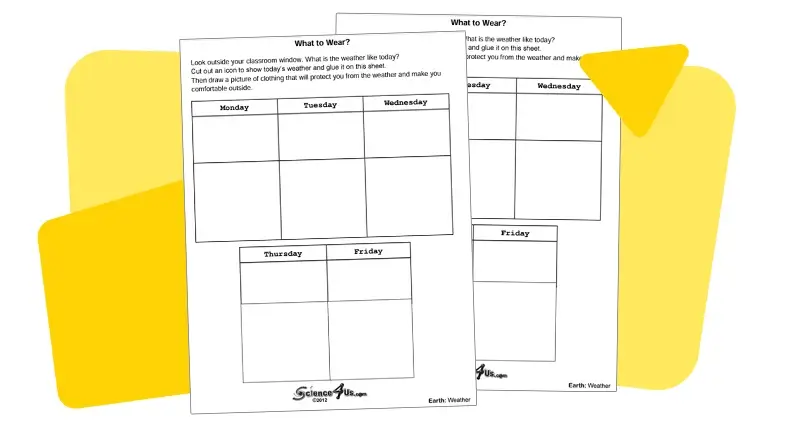Elevate Young Minds with Social-Emotional Learning

When young students start school, families have a lot of hopes and expectations. Of course, there are goals for reading, writing, and math. Investigating science concepts and developing critical thinking skills are important. But what about making friends and being a good friend? How about managing the stress of a school day? Or making good decisions? That’s where social-emotional learning (SEL) becomes an essential part of the educational experience.
What is social and emotional learning?
What is SEL? Social-emotional learning teaches young learners how to manage their emotions. But it goes beyond that. Social and emotional learning happens from preschool through high school. SEL activities benefit both school and life, helping students become more productive, efficient, and thoughtful. Social-emotional learning in the classroom can make the environment safer and more encouraging.
Social-emotional learning for kids typically includes five core competencies that aim to equip students with skills to thrive regardless of all the twists and turns in life. An SEL curriculum revolves around lessons of self-awareness, self-management, responsible decision-making, relationship skills, and social awareness. SEL meaning is simply learning about emotions and how to use this understanding in relationships and accountability.
Why is social-emotional learning important for young students?
Social-emotional development in early childhood is critical. Just like learning to read or solving math problems comes easily to certain students, social-emotional awareness might seem effortless to some. Others need explicit lessons. Social-emotional learning offers benefits for kids who seem to have it all together as well. Anyone can encounter unforeseen issues that might derail the ability to focus on school and learn. Providing students with knowledge and tools for handling emotions and difficult situations is just part of the importance of SEL.
Benefits of social-emotional learning in the classroom
Social-emotional learning in the classroom looks a lot like life lessons. It helps students build healthy identities, manage big emotions, and set achievable goals. SEL in education includes things like feeling and showing empathy for others, maintaining supportive relationships, handling stress, and making responsible decisions. When students have the tools to self-regulate, control impulses, proactively solve problems, and have empathy for others, negative social actions like bullying are often reduced. This allows academics to take the lead role at school instead of monitoring student behaviors.
Simple ways to craft effective SEL curriculum for elementary students
How can teachers bring social-emotional learning in elementary school? The ideas are limitless because it’s so easy to tie these lessons into other content areas.
- Hellos and High Fives- Greet each student at the door. It can be as simple as looking them in the eyes and saying hello or as complicated as sharing a special handshake. But let them know that you’re happy to see them each and every single day.
- Take Your Emotional Temperature- Make this a morning routine in a writing notebook. Ask students to think about the upcoming day. How are they feeling? Are there worries? Is there something they are excited about? How can they make their day go smoothly? Ask them if they want to share it with you for immediate feedback because something may need to be addressed.
- Read Alouds- This may be one of the simplest ways to discuss SEL skills. After reading, open up a discussion about the characters and SEL skills used to solve the problem in the story.
- Brain Breaks- We all know what it feels like to focus on something too long. Show students the importance of taking some deep breaths, listening to music, and stretching to reset the mind and body for more work.

- Positive Affirmations- This might feel awkward to some students at first, so model it for them. Teach some specific phrases that they can repeat, such as “I’m so proud of myself,” “I am kind,” or “I can do anything I set my mind to.”
- Gratitude List- Help students see the blessings around them by making a gratitude list as a class. Hang it in a prominent place with space for more. Encourage them to add to the list and watch it grow throughout the school year.
- Daily Reflections- Before they head home for the evening, ask students to think about the day. Did they make good decisions? Are there things they would do differently? What went well? This could be done as an informal group discussion or individually through their writing notebooks.
- Game Time- Take out the class board games and decks of cards. Allow students to play together for authentic decision-making and interpersonal skills lessons.
- Pictures and Letters- Ask students to draw pictures or write letters to others to build social awareness and relationships.
- What to Wear- Use the Science4Us lesson about weather to discuss decision-making.

Science4Us What to Wear graphic organizer
Set young students up for long-term success with SEL skills
Social and emotional learning is so much more than just chatting about thoughts and feelings. It’s about providing students with the skills to manage the inevitable stresses of life. SEL helps students manage emotions and make thoughtful decisions. It’s about communication, cooperation, and understanding the perspectives of others. Social-emotional learning builds confidence, leading to long-term success as students and citizens of the world.

Science4Us includes many lessons that open the door for social-emotional learning. Take a trial and bring those experiences to your students.
Start My Trial